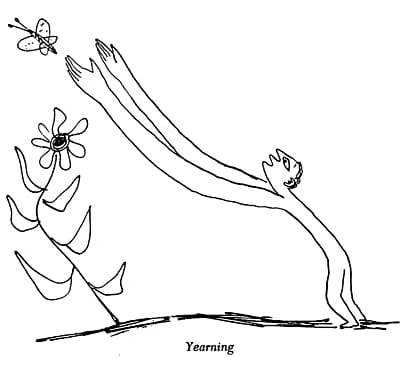Want: A Disease Based in Low Self-Esteem

Here are three related scenarios:
You own the DVD of a good movie, but you never watch it. But if that movie happens to come on TV–even mangled by commercials–you’ll see it the whole way through.
Your manager thinks consultants, or maybe a prospective hire that’s not on the team yet, know much more than you–even if there is ample evidence to the contrary.
You find the uppity sorority chick highly attractive, even though you generally dislike arrogance as a personality trait.
For the movie, this is a simple matter of the TV version being temporary, and therefore attractive. For the manager the thought is that the current employee couldn’t be that good if he’s working here. And for the arrogant little hottie, the message she’s sending is that she’s unattainable to you, which, of course, makes her desirable.
The Connection
These situations are all joined by a single concept–that things you have are less valuable than things you don’t have, and, similarly, anything that made a choice to associate with you can’t possibly be that valuable.
This is a dark, depressing force that pushes many through a life of want and disappointment, and the single common denominator is having a low self-worth.
It also yields perhaps the most important metric for spiritual maturity, and perhaps no less than the path to happiness: the lack of desire to accumulate things you don’t have just because you don’t have them.
Evaluate
Look around at your material possessions. Honestly ask yourself what drove you to attain those things. Enumerate the things you currently desire in life, and ask yourself what drives you to want them.
If you are open in your self-discovery you might find that most of your material possessions were attained in order to reduce how much you dislike yourself. And most of the things you currently want probably also fit that same description.
Consider the possibility that the number of things you have, and currently seek, is inversely proportional to how happy you are as a person. And if you accept this as truth, embark on a new quest to figure out what could lead to you being happy with nothing. ::